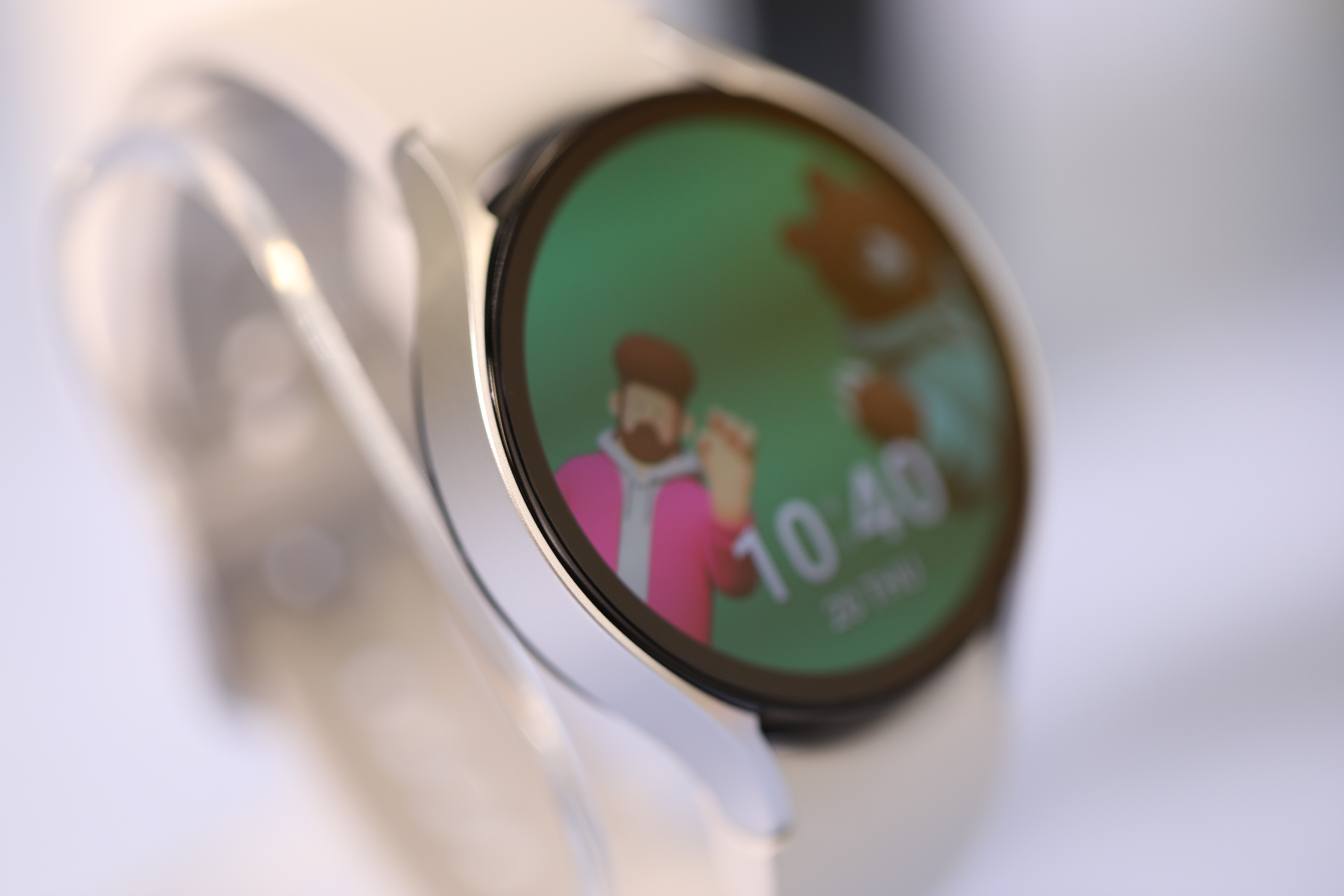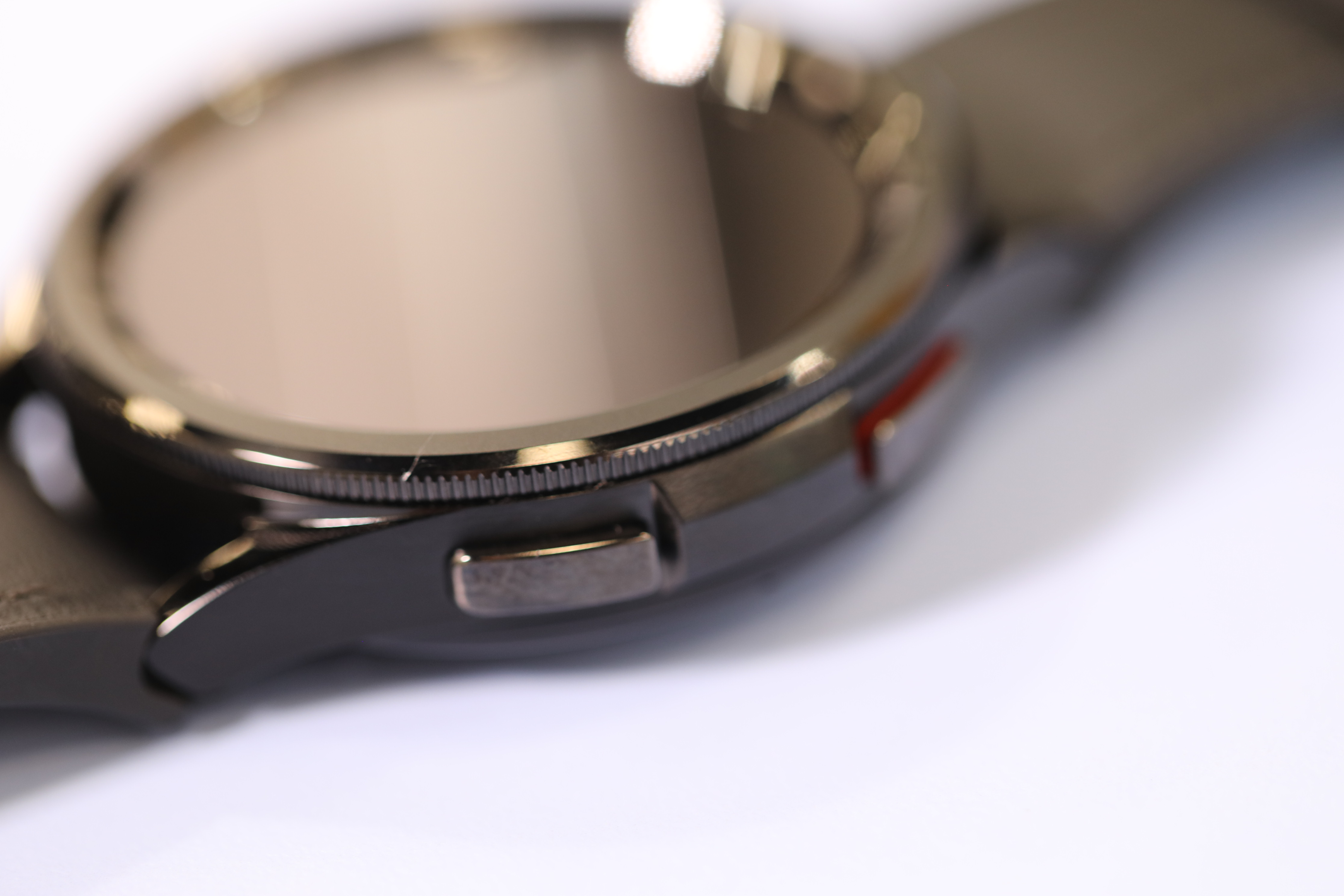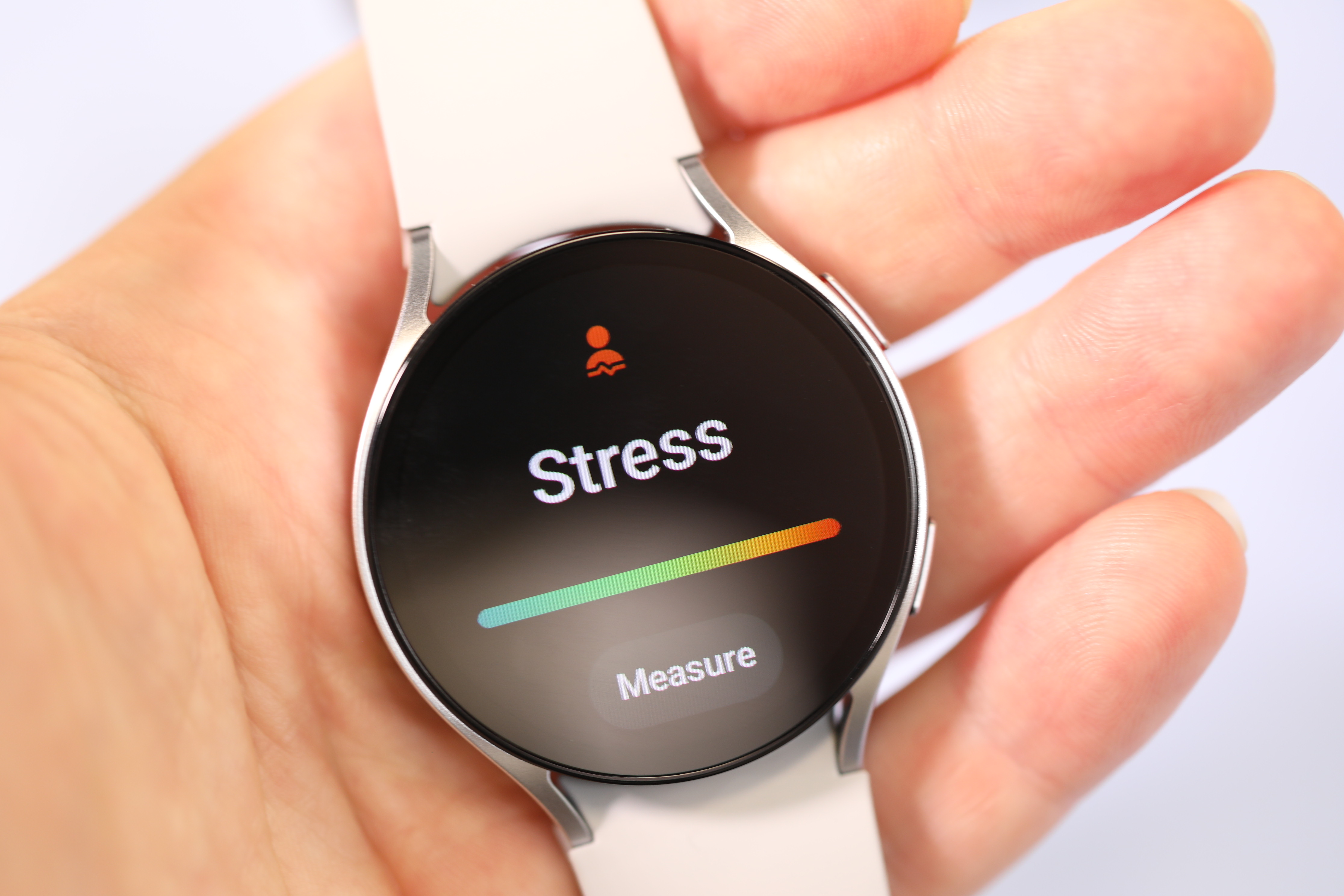The spinning bezel is the best thing about Samsung Watches. And yet, every few generations, the company drops the hardware feature, customers push back and then it magically returns. If I was a more cynical person, I would suggest that this is all a bit to drive engagement, but the more likely answer is that the feature is too much of a nuisance during the design phase and/or Samsung thinks it’s run its course.
It’s a move I’ve never fully understood, and despite the company’s suggestions to the contrary, a haptic bezel is no replacement. Besides, given the fact that Samsung is back on Team Wear OS, you’d think it would embrace the sorts of things that differentiate the devices. It’s also historically been one of the big things the line has going for it versus the market-gobbling Apple Watch.
This year, Samsung is marking Unpacked with the spirit of compromise by launching two variations of its wearable. There’s the Galaxy Watch 6 and the Galaxy Watch 6 Classic. There’s not a ton distinguishing the two, beyond two key factors: 1) Size and 2) The bezel. On the former, the Watch 6 comes in 40 and 40mm versions, with the Watch 6 Classic at 43 and a very large 47mm. As for the latter, the Watch has a 30% slimmer digital bezel, while the Watch 6 Classic mercifully brings back the mechanical bezel at 15% the size of its predecessor.

Image Credits: Brian Heater
Presumably the extra real estate required for a physical bezel expands the case’s surface area, making the watch larger with the same size screen. Samsung’s watches have historically been on the larger side, and given the choice, I would probably opt for the 43mm Watch Classic. In spite of the larger cases on the Classic however, the batteries are the same size. The smaller version of each offers 300mAh and the larger 425mAh.
They’re rated at up to 30 hours with the always-on display enabled and 40 hours with it off. That’s not multiple days on a single charge, but the Galaxy Watches do tend to outperform Apple’s when it comes to battery life. The display itself gets an upgrade, as well, it’s 20% larger — that’s 1.3 inches on the smaller models and 1.5 on the larger, at 432×432 and 480×480, respectively. Like their smartphone counterpart, the brightness peaks at 2,000 nits.

Image Credits: Brian Heater
Beyond the bezel, the big updates here arrive on the health and sleep sides — not a huge surprise there, as most companies have homed in on this as the primary drivers of wearable adoption. Sleep scores offer ratings based on total; time asleep, sleep cycle and awake time, while offering up Sleep Messages in the morning, based on info from the National Sleep Foundation. Sleep Coaching, meanwhile, offers tips for getting and staying asleep.
There’s a new Personalized Heart Zone feature designed to offer up optimal running modes to accomplish fitness goals like burning fat or gaining muscle. Irregular Heart Rhythm Notification, meanwhile, will alert the user to signs of AFib, even while sleeping.

Image Credits: Brian Heater
A Samsung Wallet update combines Pay and Pass into a single feature that includes credit cards, IDs, tickets, boarding passes and the like.
Both models go up for preorder today and start shipping August 11. The Watch and Watch Classic start at $300 and $330, respectively, with the larger models running $400 and $430.







